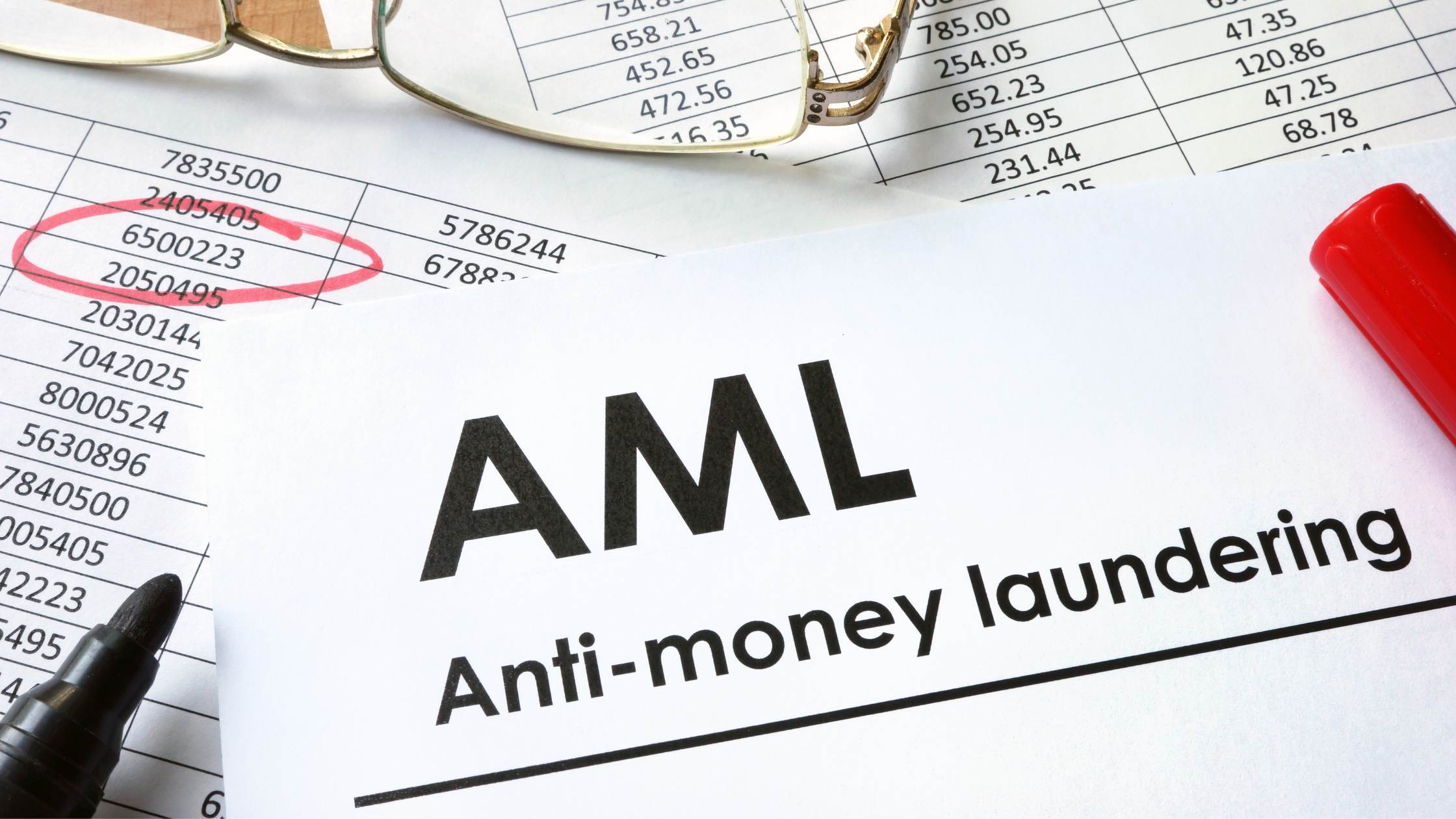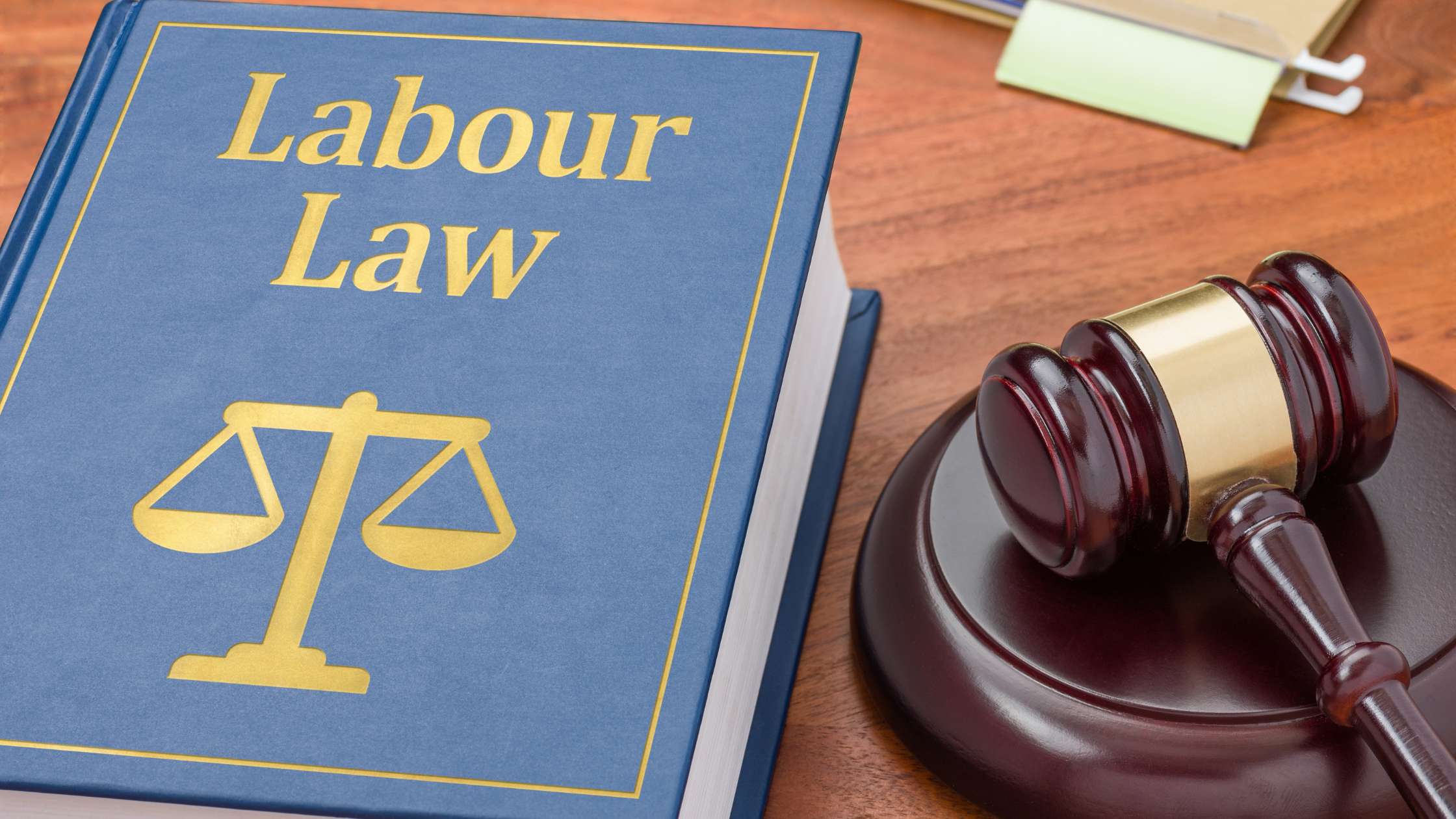March 9, 2023
Circular Economy And How It Works Circular economy (‘CE’) is one of the solutions to climate change, biodiversity loss, waste, and pollution.1 It is a resilient system that is good for business, the environment and mankind as it decouples economic activity from the consumption of finite resources.2 CE is based on three principles, eliminate waste and pollution, circulate products and materials and regenerate nature.3 Similar to recycling, the CE also has its cycles to achieve the three principles. There are two main cycles, the technical cycle, and the biological cycle.4 The technical cycle is when products are kept in circulation in the economy by way of reuse, repair, remanufacture and recycling.5 Biological cycle is when the nutrients from biodegradable materials are returned to Earth through composting or anaerobic digestion.6 In short, CE is recycling so no materials go to waste. The Need For Circular Economy The concept of CE speaks for itself. With the rapid growth in popularity and increased demand for raw materials, there is an urgent need to prevent further damage to the planet and ultimately aim to restore our planet. Additionally, with finite supplies means that countries are dependent on others in the importation of raw materials.7 Focusing on the live and pressing issue in Malaysia, ever since China banned plastic imports at the start of 2018, Malaysia has become the world’s top destination for global plastic waste for recycling.8 Additionally, there is also the bulk stems from domestic consumption of single-use plastics.9 In fact, Malaysia is one of the fastest-growing and developing countries even with the impact caused by the Covid-19 pandemic.10 Naturally, such rapid development of manufacturing industries will cause pollution and... March 9, 2023
From participation in groundbreaking commercial law reform and beyond, this Indonesian law firm is just getting started Can you please provide us with a short highlights reel of SSEK’s first three decades of operation? Ira Eddymurthy: SSEK was established in 1992 with only five people and over the last 30 years we have grown to a family of more than 130 people. From our earliest days, SSEK has been involved in vital projects and initiatives in Indonesia, as the firm has put its experience and expertise at the service of helping the country grow into an economic powerhouse. SSEK’s senior lawyers played vital roles in the Economic Law and Improved Procurement Systems (ELIPS) Project, Indonesia’s commercial law reform project from 1992-1998, at the time the largest single-country effort of its kind in the world. They helped to draft, finalise, and socialise several laws, including Indonesia’s Company Law and Fiducia Law. During the 1997 Asian economic crisis, we participated in Indonesia’s Initiative Group and contributed ideas on ways to deal with unsettled debt, an effort that resulted in, among other achievements, Indonesia’s new Bankruptcy Law. SSEK, acting as Indonesian counsel to state electricity company PLN, advised on a groundbreaking power project in Central Java designed by the International Finance Corporation and intended as a model for future projects in Indonesia. More recently, we advised the Indonesian Ministry of State-Owned Enterprises and PT Pertamina on the formation of Indonesia’s largest state-owned holding company, the Oil and Gas Holding SOE. SSEK has been named Indonesia Law Firm of the Year numerous times by legal directories, we have won multiple Deal of the Year... March 8, 2023
While Vietnam remains a predominantly cash-based economy, its legal frame work on anti-money laundering, according to the Asian Pacific Group on Money Laundering (APG)’s assessment in its Mutual Evaluation Report dated January 2022, is still incomprehensive and limited, which makes the country itself vulnerable to risks of money laundering. Pursuant to the report on national risk assessment on money laundering and terrorism financing conducted by the Vietnamese authority for the period of 2012-2017, the risk of money laundering in Vietnam is assessed at “medium high” (trung bình cao). Of which, while banking and underground remittance are the sectors where the money-laundering risks are assessed at “high” (cao) level, corruption and gambling are the crimes identified to have high money-laundering risks. In an effort to mitigate money-laundering risks and further enhance the country’s capacity against money laundering, on 5 August 2022, the Vietnam Prime Minister issued Decision No. 941/QD-TTg on the national action plan on anti-money laundering, terrorism financing, and financing for proliferation of mass-destruction weapons. Based upon this plan, the Vietnam National Assembly adopted the Law on Anti-money Laundering (Law No. 14/2022/QH15) dated 15 November 2022 (“New AML Law”). The New AML Law takes effect from 01 March 2023 and replaces the Law on Anti-money Laundering 2012 (the “ 2012 AML Law”). The guideline below is mainly aimed to provide readers with an overview of Vietnam’s regulation on anti-money laundering and salient points of the New AML Law in comparison with the old one. 1. What is money laundering? The New AML Law defines “money laundering” as an act of an individual or an organization to legitimize the origin of... March 8, 2023
1 Legal framework 1.1 Are there statutory sources of labour and employment law? The primary statutory source that governs labour and employment is the 2019 Labour Code. Other domestic sources include: the 2013 Law on Employment; the 2014 Law on Social Insurance; the 2015 Law on Occupational Safety and Health; the 2014 Law on Vocational Education; and the 2012 Law on Trade Unions. In addition, the governmental decrees and documents issued by the Ministry of Labour – Invalids and Social Affairs governing labour and employment are as follows: Decree 145/2020/ND-CP dated 14 December 2020 detailing and guiding the implementation of several articles of the Labour Code regarding working conditions and industrial relations; Decree 152/2020/ND-CP dated 30 December 2020 on foreign workers in Vietnam and recruitment and management of Vietnamese workers working for foreign organisations and individuals in Vietnam; Decree 38/2022/ND-CP dated 12 June 2022 prescribing region-based minimum salary levels applicable to employees working under labour contracts; Decree 135/2020/ND-CP dated 18 November 2020 prescribing retirement ages; Decree 12/2022/ND-CP dated 17 January 2022 providing penalties for administrative violations in the fields of labour, social insurance and overseas workforce supply under contract; Ministry of Labour – Invalids and Social Affairs Circular 10/2020/TT-BLDTBXH dated 12 November 2020 detailing and guiding the implementation of several articles of the Labour Code regarding the contents of a labour contract, collective bargaining councils and occupations and jobs that are harmful to reproduction and parenting functions; and Ministry of Labour – Invalids and Social Affairs Circular 09/2020/TT-BLDTBXH dated 12 November 2020 detailing and guiding the implementation of several articles of the Labour Code regarding minor workers. The 2019... February 27, 2023
Taiwan Makes Revisions to Patent Examination Guidelines The Taiwan Intellectual Property Office made some revisions regarding procedural examination and patent rights management that came into effect in December, 2022. In Chapter 1 of the guidelines, the use of electronic signatures will be accepted provided both parties can agree to the validity thereof. The signee only needs to provide a form of signature (whether it be a signature, stamp, or electronic signature) that matches the signature on the application documents. In Chapter 3 of the guidelines, in accordance with adjustments made to procedural examination, revisions have been made to 3.1 Inventor Change, 4.1 Applicant Name or Title Change, and 4.5 Inventor Name Change. Case studies have been included to help the public better understand the principles of examination. The revisions also specify that applicants who are able to rectify inconsistencies on documents submitted with their applications do not fall under this category. In accordance with a judicial ruling, TIPO also included a case study explanation regarding name changes for different applicants who belong to the same entity. In Chapter 5 of the guidelines, procedures regarding three relevant scenarios concerning postponing the filing date, namely change in applying entity, addition of listed applicants and decrease in listed applicants have been clarified according to the relevant regulations. Taiwan Releases New Trademark Distinctiveness Examination Guidelines The Taiwan Intellectual Property Office released new examination guidelines for trademarks which came into effect on September 1, 2022. Here are some of the most notable clauses: Concerning words, when a word or combination of words is using a descriptive style, if it is depicted in a special... February 16, 2023
Introduction Litigation proceedings in Thailand have long been known to be a time-consuming process, and it is typically difficult for the parties to predict what will happen next and when it will happen. In order to expedite the efficiency of judicial administration in Thailand and provide a clearer timeframe of court cases, the Act on the Timeframe of Judicial Proceedings (“Act“) was enacted on 25 October 2022 and has recently become effective on 23 January 2023. To implement the Act, judicial authorities under the Act1 including the Courts of Justice, the Administrative Courts, and the Constitutional Court recently issued their regulations outlining the timeframe of judicial proceedings. We summarize below the high-level information for the relevant timeframe as released by the competent courts. It is worth noting that the Act will apply to both matters that are being processed and ones that will be brought after the Act takes effect. Please refer to the direct announcements of each relevant court for more detailed information. Court of Justice The President of the Supreme Court issued a Judicial Regulation on the Timeframe for Consideration of Litigation Cases of the Court of Justice B.E. 2566 (2023) on 18 January 20232, outlining the timeframe of each step of the proceedings of the Court of Justice (“Judicial Regulation“), and it applies to all Thai courts of justice including all the specialized courts.3 According to the Judicial Regulation, prospective timeframes of proceedings shall depend on the classification of the types of cases prescribed for each level of the courts.4 1. First Instance Court There are three types of case classification (which are mainly based on the level... Upcoming Events
Recent Past Events
















